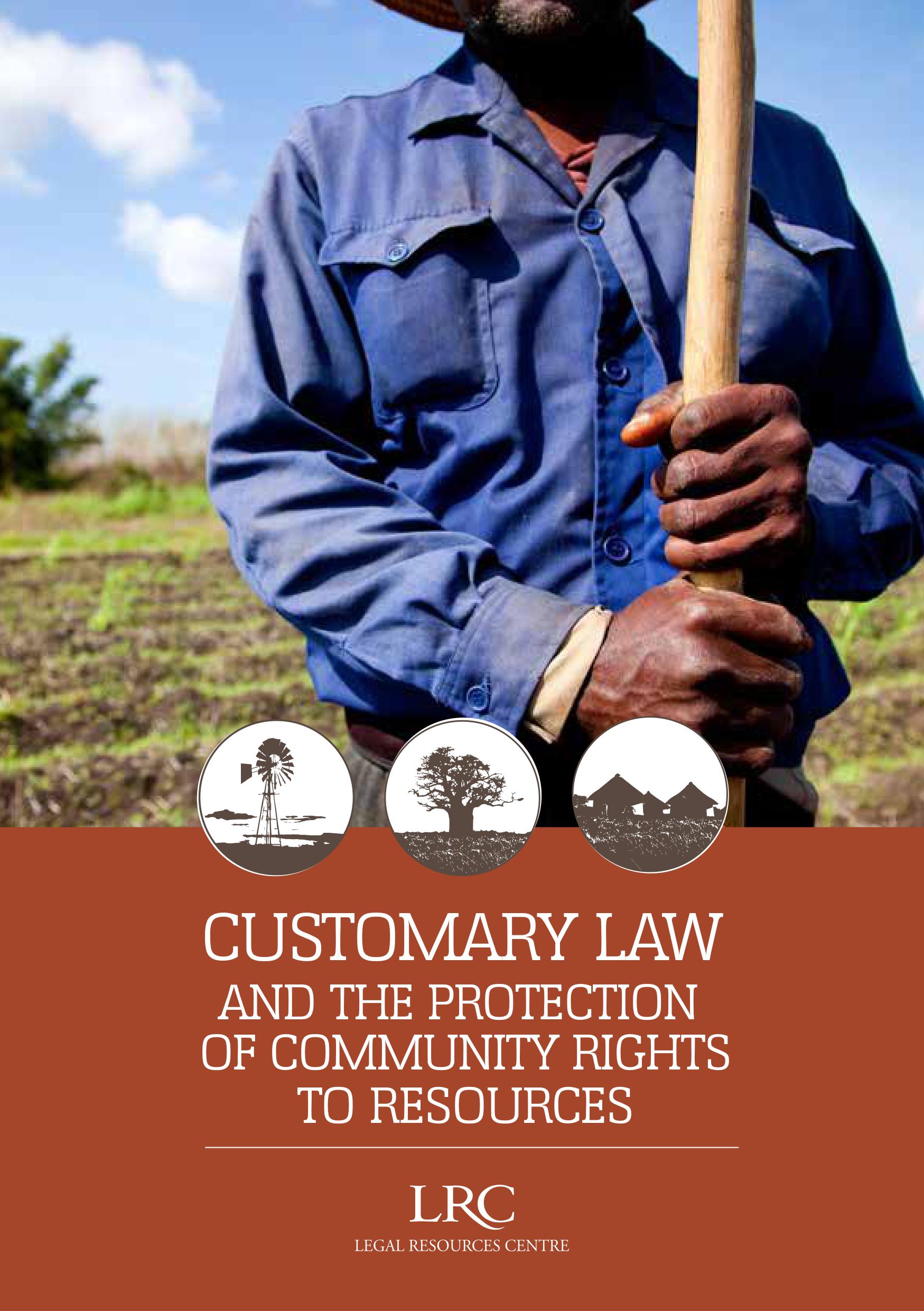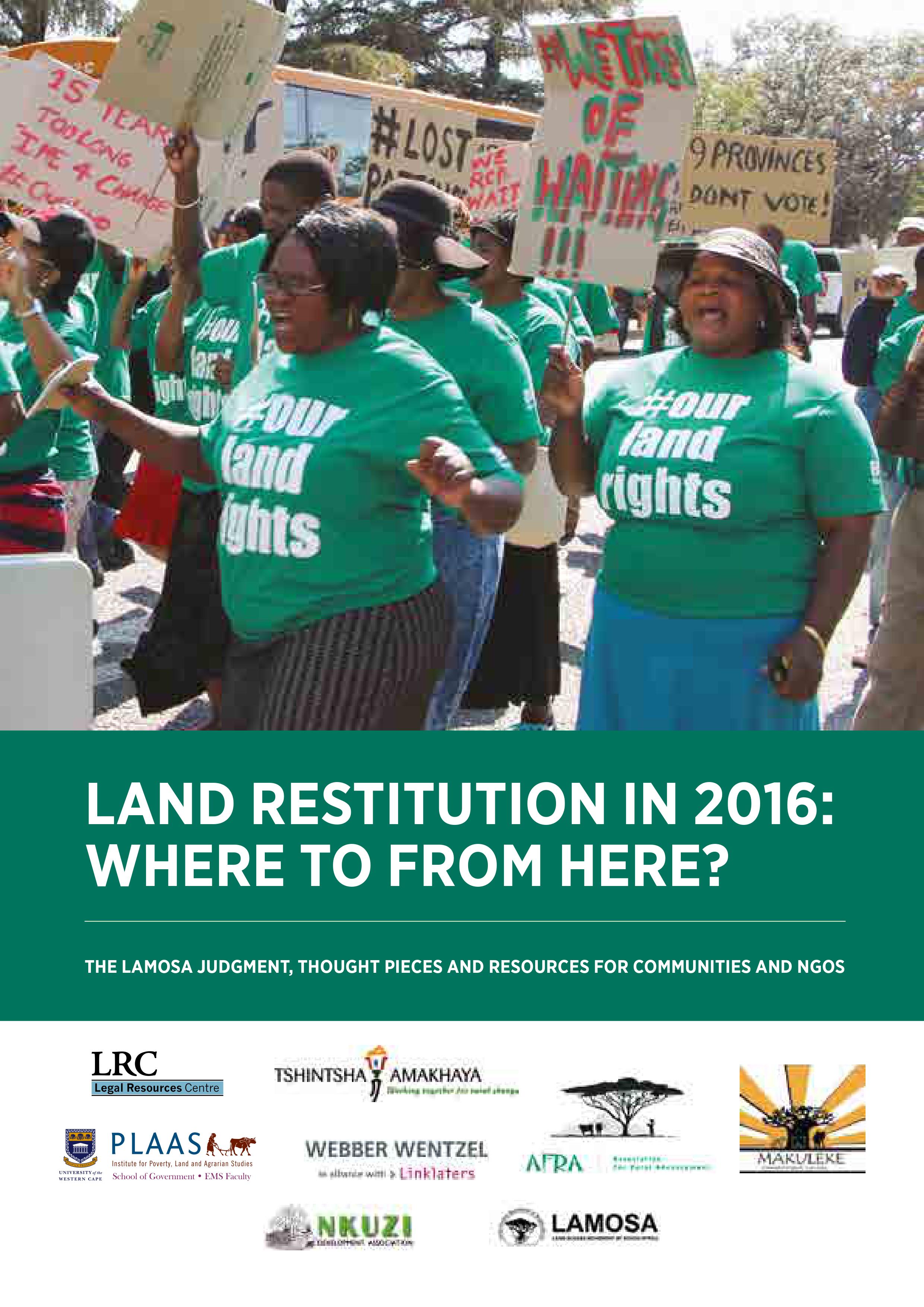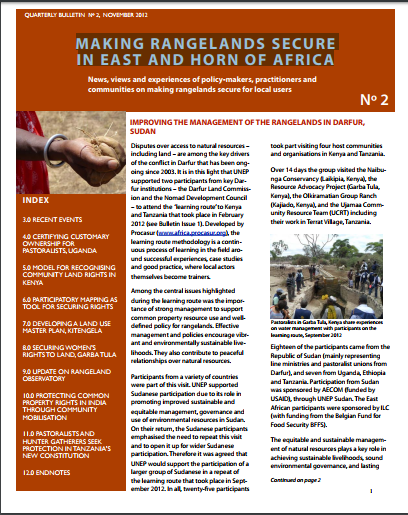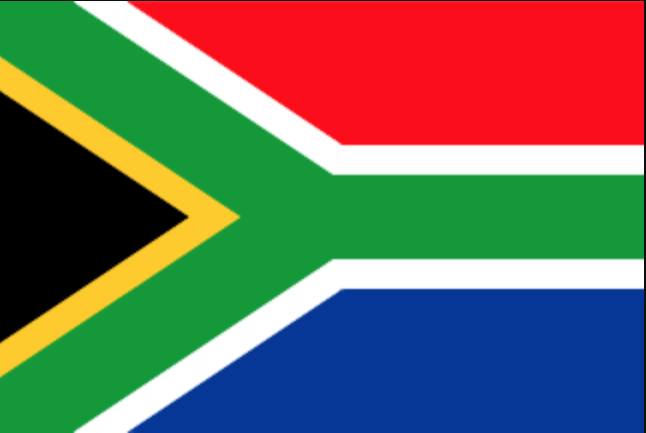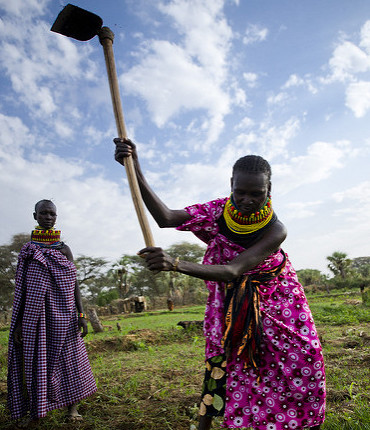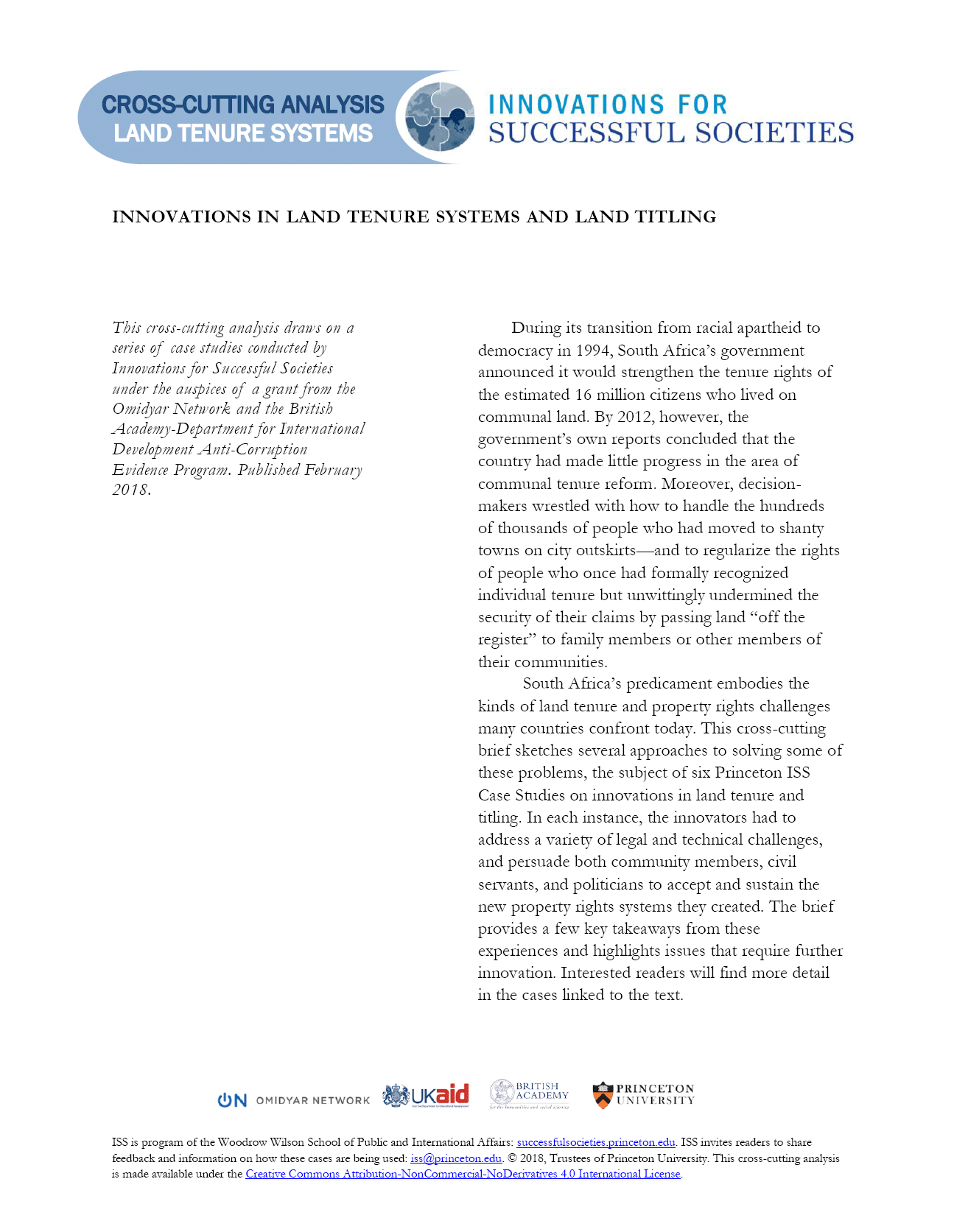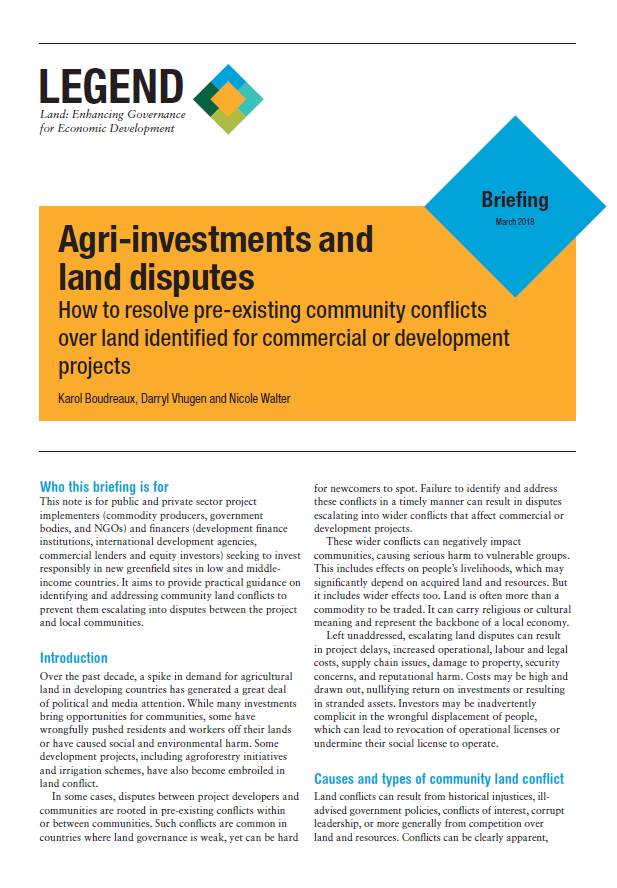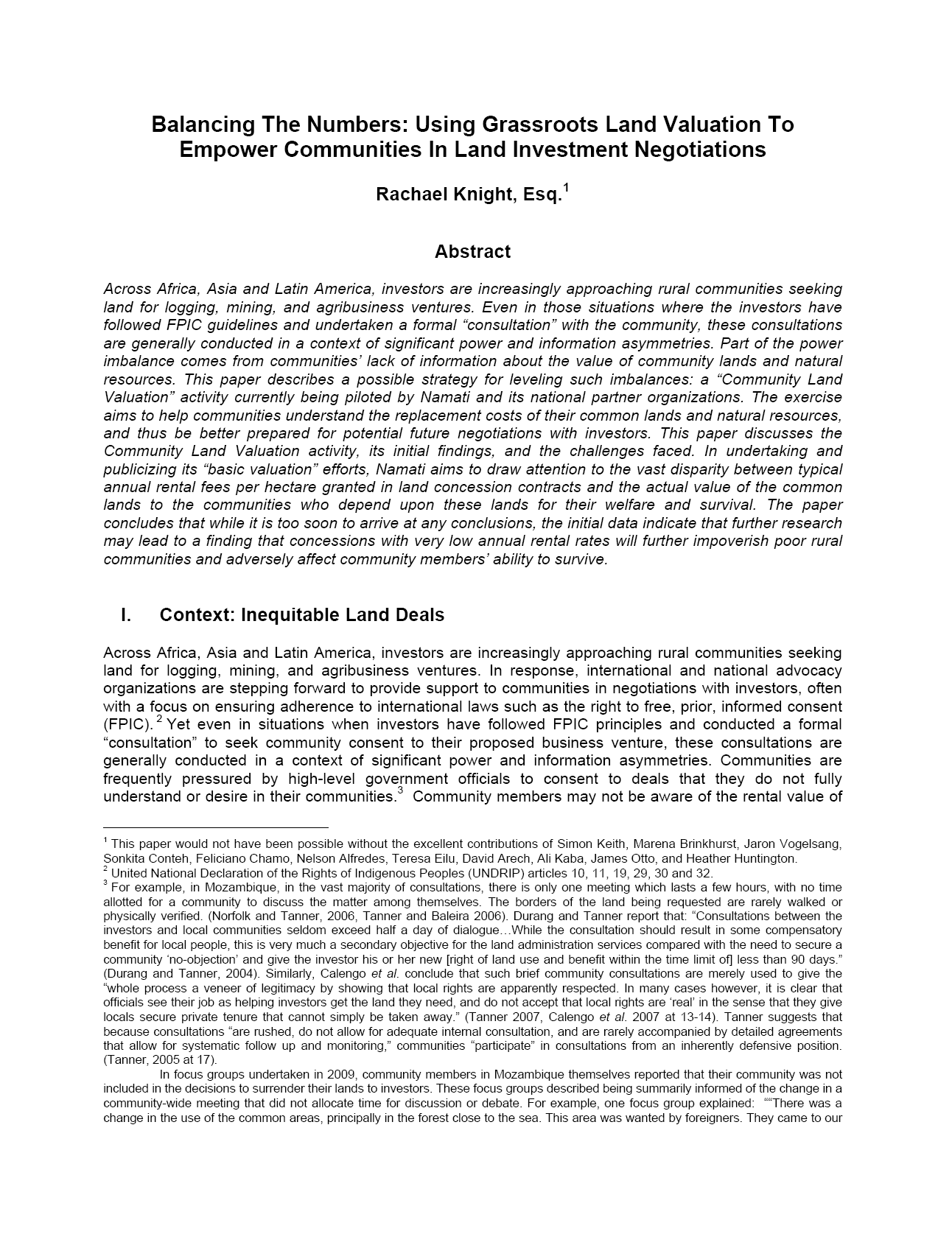Customary Law and the Protection of Community Rights to Resources
We believe that law should in principle assist vulnerable communities in changing power relations. Law is fundamentally a ‘neutral’ set of rules that constrains power by requiring decisions and actions of those in power to comply with legal rules, rights and obligations. Unfortunately, we have seen the powerful appropriate law as a tool for only protecting and strengthening their interests.

